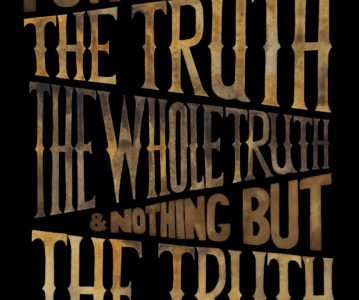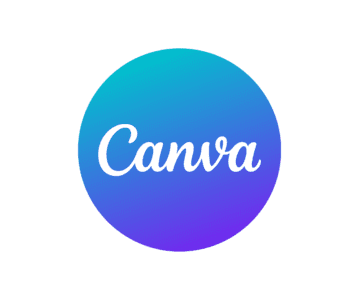First time visiting the Essentials section? Read this article to help you navigate this portion of Written Well.
 Nonfiction Study Materials
Nonfiction Study Materials
Back to Nonfiction Online Resources Learn nonfiction writing from Malcolm Gladwell — from Masterclass.com Books to Read We’ll start with some general books for writing nonfiction, then list some of the best for some notable subgenres. The subgenres are too numerous and divergent to cover them all here, but we also list them within their subgenre, either in the Subgenre section of the main guide, or the study materials section of their own guide for the bigger subgenres like history or memoir. Instructional: How to Write a Factual Book — Lauren Bingham I enjoyed this book’s conversational tone far more...










